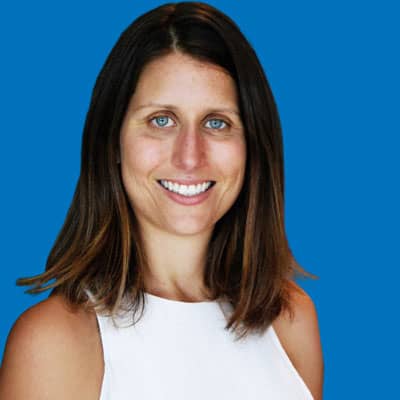In 2023, The Education Hub is launching a new webinar series. It will focus on “big ideas” in education, in an attempt to promote discussion on important, complex, and at times competing ideas that are relevant to the future of New Zealand’s education system.
Education faces significant challenges. School achievement appears to be stagnating or declining. Data from the National Monitoring Survey shows that by year 8, only 56% of students are achieving at or above the curriculum level in reading, dropping to 45% in maths, 35% in writing, and 20% in science. By the age of 15, 19% of students are not meeting the lowest benchmark in reading and a further 21% have only basic literacy skills.
But it’s not just academic achievement where we are seeing issues in the education system. The past decade has seen a dramatic increase in the number of young people experiencing mental health and wellbeing issues, with figures rising further during the pandemic. New Zealand has one of the highest rates of school bullying in the OECD. And currently, only 47% of students are classed as regular school attenders, meaning they attend school at least 90% of the time (that is, students can miss a day of school a fortnight and still be considered a regular attender). Nearly 10% of students are chronically absent from school.
Furthermore, significant questions remain as to whether our schooling system is preparing students adequately for the future. These questions are brought into sharp relief when viewed alongside the dramatic transformations the world currently is undergoing, including changing social, political, environmental, and economic conditions, new global challenges, and technological advancements.
Alongside these challenges facing education, across all areas of society, we are witnessing increasing polarisation. Binary thinking, while not new in education, appears to be becoming more entrenched, and there is a growing inability among those involved in education to discuss competing ideas in a way that is respectful and constructive. Given that one of the tasks of educators is to support their students to understand issues from different perspectives, to be open to new ideas and to critically evaluate them, and to engage in constructive dialogue and debate, this is particularly worrying.
Even if we do not succumb to binary thinking, we are all at risk of only engaging with ideas and thinking that align with our own. In attempt to avoid this, this year I challenged myself to engage with topics and ideas that fall outside of those with which I typically engage. It has been one of the more challenging, enriching, and ultimately discombulating experiences I have experienced recently. It has made me question deeply some of my existing thinking – both professionally and personally. It has opened me up to much broader possibilities, and has driven home the urgent need for things to radically change in education.
The big ideas webinar series is a first step towards tying together the ideas above. It recognises that there are no easy solutions to the questions that surround education and schooling, and that answers will need to come from diverse thinking from both within and outside of education. It acknowledges that engaging with ideas – both those that more naturally align with our own perspectives and those that challenge them – is essential. And, hopefully, it will promote considered and critical thinking and an openness to diverse ideas and evidence, as well as provoke constructive and challenging discussions.
Unlike our existing webinar series, the webinars will not be focused on practice per-se. They are not designed to support teachers and leaders with ideas, strategies, or approaches to implement directly into their schools or centres. Rather, they are designed to lift us above the day-to-day to engage in big ideas, tough questions, and deep thinking.
The series has intentionally invited speakers with diverse views. It is not expected that viewers will agree with all the ideas discussed (indeed it is highly likely that The Education Hub as an organisation will not necessarily agree with everything that is presented during the series). We hope that it will generate discussion and questioning across the education sector and beyond, and push us to consider new opportunities and possibilities in order to improve the educational opportunities and outcomes for tamariki and rangatahi in Aotearoa New Zealand and beyond.

